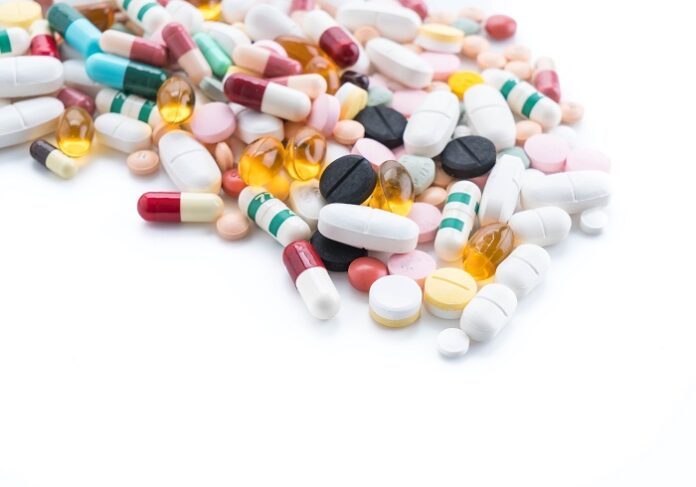Genetic Influence on Adverse Drug Reactions (ADRs)
A new study from Queen Mary University of London found that 9% of all adverse drug reactions (ADRs) reported to the UK medicines regulator are linked to medications where genetic factors influence side effect risk. Notably, 75% of these ADRs involve just three genes that impact how the body processes drugs. Genetic testing before prescribing could help prevent these reactions.
Insights from the Yellow Card Scheme
Over the past 60 years, the Medicines and Healthcare products Regulatory Agency (MHRA) recorded more than one million reports of ADRs through its Yellow Card scheme. Research indicates that over 99% of individuals have genetic variants that could lead to an adverse response to certain drugs. Some ADRs are severe, prolonging hospital stays and even causing fatalities, costing the NHS over £2 billion annually.
Key Findings from the Study
As reported by medicalxpress, the study, published in PLOS Medicine and led by Dr. Emma Magavern, analyzed over 1.3 million ADR reports from the Yellow Card scheme. Researchers identified 115,789 reports (9%) linked to drugs where pharmacogenomics (PGx) could guide prescribing decisions. Three key genes—CYP2C19, CYP2D6, and SLCO1B1—account for 75% of these cases, affecting drug metabolism.
Genetic testing could mitigate the highest proportion of ADRs in psychiatric (47%) and cardiovascular (24%) medications. The study also found that ADRs influenced by genetics were more common in older males and often resulted in severe but non-fatal reactions.
Benefits of Genetic Testing in Prescribing
Clinical trials demonstrate that preemptively using genetic information can prevent ADRs. It helps adjust drug doses or select alternative medications to improve patient outcomes. This study underscores the potential benefits of integrating pharmacogenomic testing into routine clinical practice.
Dr. Emma Magavern, lead researcher, emphasized the importance of understanding ADR trends to assess the impact of genetic testing on prescribing safety. Professor Sir Mark Caulfield, Vice-Principal (Health) at Queen Mary, highlighted that 9% of ADR reports might be preventable through genetic screening before prescribing. He urged the NHS to consider preemptive testing for known gene-drug interactions.
Call for a Personalized Approach to Medication Safety
June Raine, MHRA Chief Executive, stated that reports from the Yellow Card scheme help identify and prevent serious side effects. These include those linked to genetics. She also noted that the Yellow Card Biobank is collaborating with Genomics England. This partnership will enhance efforts to take a more personalized, proactive approach to medication safety.
This research reinforces the need for integrating pharmacogenomics into healthcare to make medications safer and more effective for all patients.
























